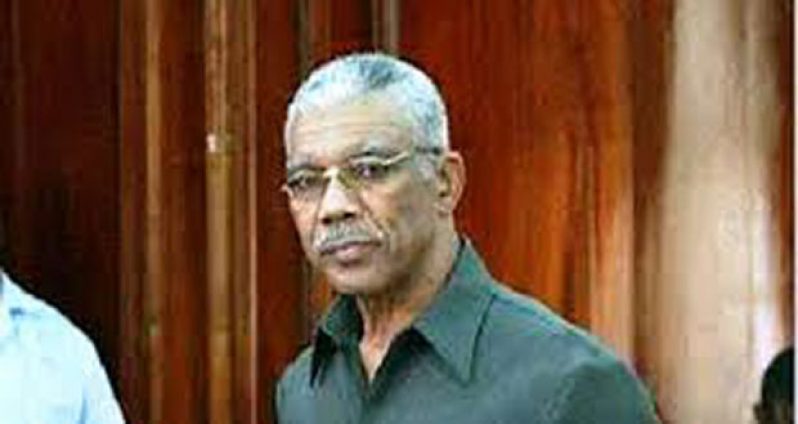“ENTREPRENEURSHIP will build this economy, not wage labour,” President David Granger said, as he urged the young population to broaden their horizons.According to him, the trend of having a ‘9-5 job’ five days per week with an enterprise “is no longer the way to go”. President Granger believes there is a need for more entrepreneurs among the growing population.
“We want to see more independent farmers, more independent agro-processors, more independent manufacturers and more independent exporters,” he said.
According to the President, the education system must equip young people with the requisite skills and knowledge needed to develop themselves in the areas of science and technology, agriculture and entrepreneurship, making them less dependent on wage labour.
At the time, he was speaking with the Guyana Chronicle and Capitol News during the ‘Public Interest’ programme on Friday.
It is estimated that unemployment among young people is approximately 40 per cent. However, it is believed that entrepreneurship is an avenue that can be taken to curb this worrying situation.
But while entrepreneurship may be a way out for Guyanese, there is a general lack of scientists, engineers and mathematicians stymieing innovation within this sector.
Lecturer in the Department of Business and Management, University of Guyana (UG), Dr. Eric Phillips had told the Guyana Chronicle that to compete globally, innovation is key and it is underpinned by science, technology and mathematics.
SCIENCE AND TECHNOLOGY
“Ultimately, cheap energy is what will make us better and more competitive entrepreneurs in non-traditional areas because our internal markets are too small and we need to export. With exports, you have to be very, very competitive with other companies in our country,” he said, noting that science and technology can provide the solutions to these challenges.
Stressing the importance of science and technology, Phillips also pointed out that the innovation of scientists and engineers when converted into commercial goods and services redound to huge economic benefits to companies and nations.
He said science and technology must not be separated from business, and stressed the importance of the Ministry of Education focusing more attention on Science, Technology, Engineering and Mathematics (STEM) in the school system.
Entrepreneurship, he said, is also critical to the development of Guyana. This country, Dr. Phillips emphasised, needs to robustly diversify its economy.
“Sugar is in trouble, rice is having difficulty, gold – the prices have dropped; we have to look into non-traditional agriculture areas,” he said, but noted that while entrepreneurship is a source of wealth-creation and a key driver of the economy, access to capital remains a challenge in the setting up of business.
ACCESS TO CAPITAL
To address this problem, Phillips believes Guyana should go in the direction of setting up of a Grameen Bank.
Through such a bank, micro-credit loans are based on the concept that the poor have skills that are under-utilised and, with incentive, they can earn more money.
Small, Medium and Micro Enterprises in Guyana are estimated to account for 40 per cent of total employment and contribute significantly to Gross Domestic Product (GDP).
By Svetlana Marshall




.jpg)










